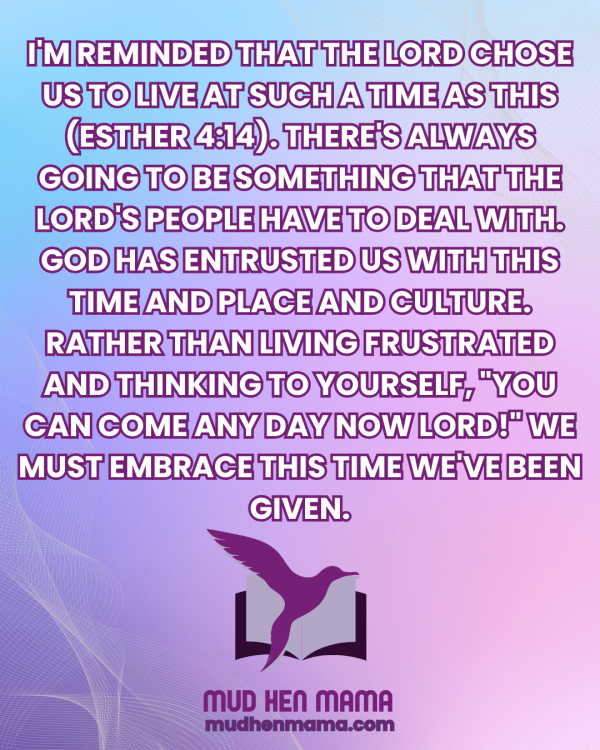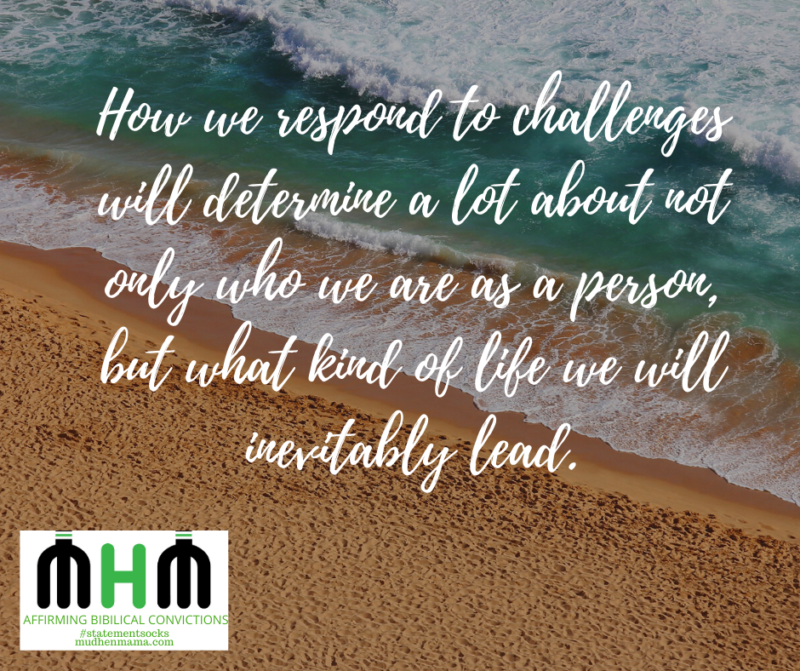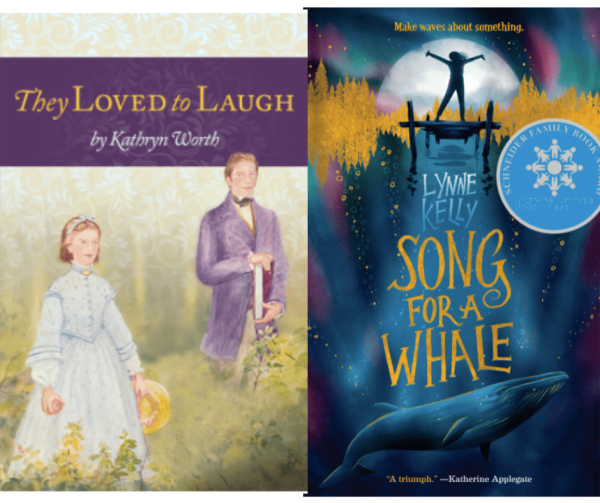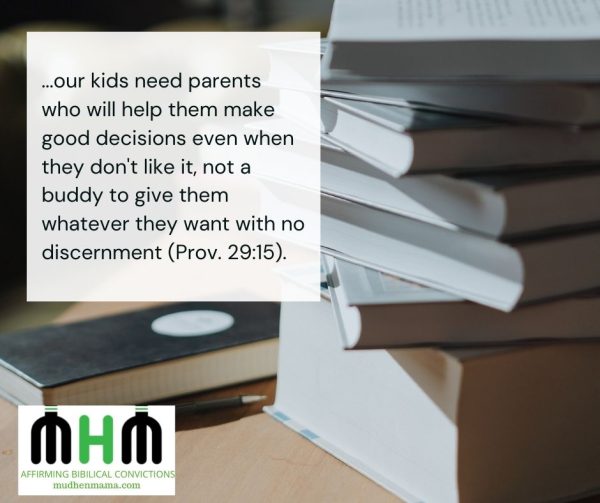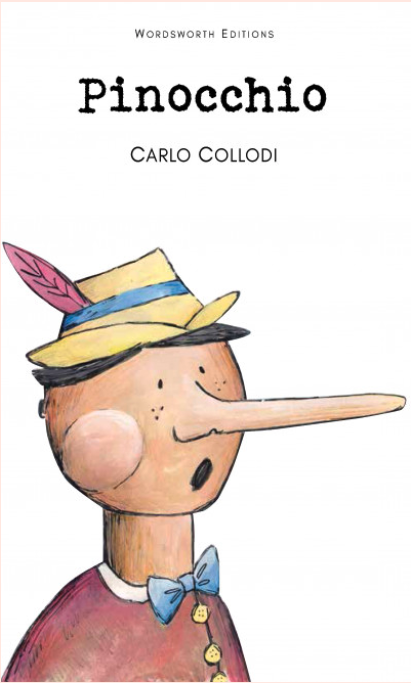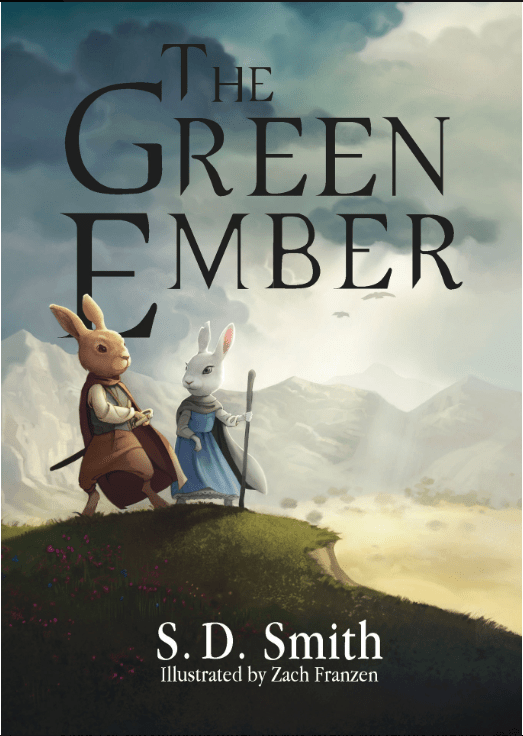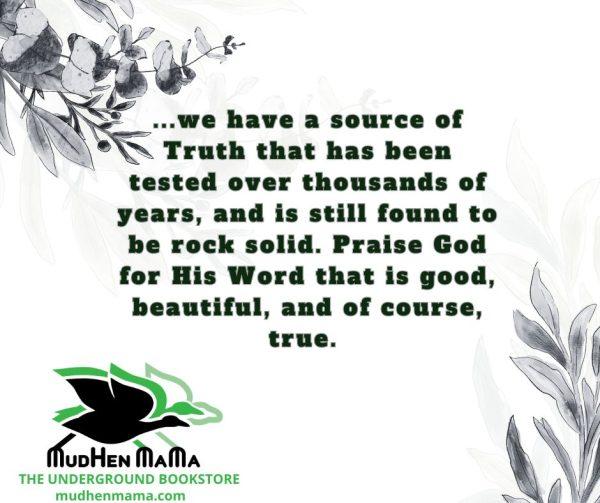
First World’s Fair
The other day, one of our children was trying to figure out what to write about based on historical facts from the first World’s Fair. She had been given some general guidelines, but she was supposed to figure out some topics to cover. She asked me for help on wording the topic sentences after she had done some research on Google. I was shocked to find out all of the topics had something to do with white supremacy. Either that or the oppression of women and blacks/minorities.
This had little to do with her class and much more to do with searching the internet. She was given a task to see what were some important things that happened during the first World’s Fair. According to her research, both blacks’ and women’s inventions, as well as talks, were suppressed during the Fair. Turns out, that was one of the most important things that happened! At least, according to Google.
Reviews on The Jungle Books
I hadn’t thought much about it since. However, last week I was looking up reviews on The Jungle Books to write up my own review. And here again, I found a few posts that talked about how the book revealed allusions to white supremacy and imperialism. Specifically when speaking to the story of The White Seal.
Apparently, when the White Seal found another island to live on that was safe from poachers, they had to share the island with some native porpoises. And somehow, this was a reference to the imperialism of the British, since those seals ruled over the native porpoises.
Honestly, what???
Agendas on the internet
I have no idea how the algorithms work on Google (or the search engine I used which is Duck Duck Go, for that matter!). But clearly those algorithms are pushing a very specific agenda. I was initially very surprised with our daughter’s search results. But by doing my own research on a completely different topic, it seemed like it couldn’t just be coincidence.
Obviously, racism was sure to have happened during the first World’s Fair. And I’m sure there were some important inventions that were sidelined due to something as ridiculous as racism. But is that really representative of the entire event?
Giving the benefit of the doubt
To give the benefit of the doubt, the research on Google did come up with the fact that there were hundreds of amazing inventions displayed. These inventions not only amazed people, but several helped the everyday person. But then the narrative would go back to the fact that many people weren’t allowed to be platformed because of their gender and/or their skin color.
As for the reviews on The Jungle Books, the White Seal was portrayed as the unlikely hero. However, he was also supposed to be symbolic of the terrible white supremacy and imperialism that invaded a once peaceful little island. The entire book contains fun stories about animals and the unlikely hero, but I guess it’s not REALLY about that. Clearly, the author was communicating an air of superiority via the White Seal (insert eye roll emoji here).
Read with caution
My point in sharing all of this is because we really need to be careful with what our kids are reading, even when they are doing seemingly harmless research on the internet. I would never have even thought to check into the kind of information my children were finding with respect to a homework assignment as benign as the World’s Fair. Or looking up a book review on a classic, like The Jungle Books.
It amazes me how much more careful we need to be with our kids. And with ourselves. Maybe we always should have had a mind to critically think through all that we was presented to us as truth. But now more than ever, we need to be mindful of what we and our children are learning. Obviously, it’s not that we should completely disregard everything on Google. But we need to be aware of the bias, even when it seems as if there would be no need to be careful.
First Person POV’s
A great way to avoid historical bias or certain narratives is by reading as much as possible first person point-of-views (POV’s). This is a great way to better understand what was happening from those who lived at that specific time and place. When we interpret history through a more contemporary lens, we’re all much more apt to see things skewed. And obviously, we need to be aware of who’s the one sharing the story. We all have biases, including well educated historians.
All of this just makes me so thankful that we have a source of Truth that has been tested over thousands of years, and is still found to be rock solid. Praise God for His Word that is good, beautiful, and of course, true. In this sinful world, nothing else compares. It’s times like these when we can most appreciate the incredible gift God’s Word is.
Amen?

